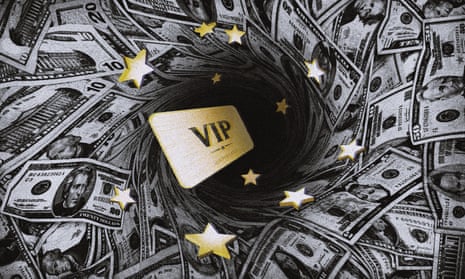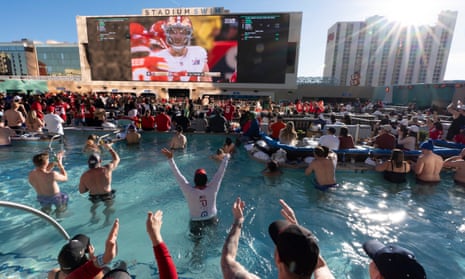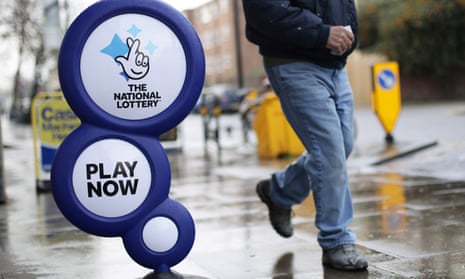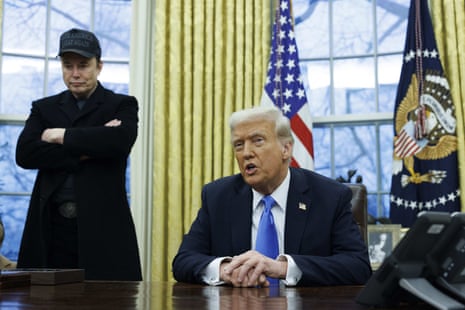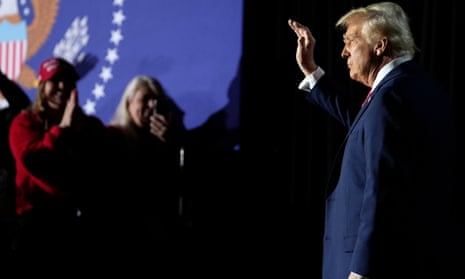Sports betting firms claim their programs are ‘not designed’ to enable problem bettors – but advocates are skeptical. Firms at the heart of the US’s sports betting boom have been accused of encouraging gamblers to chase losses by rewarding high spenders with betting credits, bonuses, gifts and even trips.
![[a woman looking at camera ]](https://i.guim.co.uk/img/media/8233dbadbf6df2c9caf957c88301c7e4e05587f1/0_0_7952_5304/master/7952.jpg?width=445&dpr=1&s=none&crop=none)
In letters obtained by the Guardian, gambling giants told a prominent US senator last year that their controversial VIP programs were “not designed” to prompt frequent bettors to bet more. But problem gambling advocates are skeptical. Recent job adverts published by one operator indicate that VIP hosts are expected to encourage gamblers to spend on their employer’s platform. A host at DraftKings is expected to “exceed engagement and service level performance targets” and “assist in reactivation efforts to re-engage inactive users”, according to two postings seen by the Guardian.
DraftKings declined to comment on the adverts. Shortly after the Guardian contacted the firm, however, the two ads were modified to remove mentions of these expectations. VIP hosts appear “financially motivated to keep people who are kind of considered high value engaged”, said Cait Huble of the National Council on Problem Gambling. This, she added, “creates a conflict with identifying, addressing responsible gambling behaviors and problem gambling”.
“The retention tactics that we’re seeing run potentially a little counter to” operators’ claims that their VIP programs are not designed to get frequent bettors to bet more, Huble said. “It definitely seems like there’s some encouragement around chasing losses, which is a huge factor of problematic play.”.
A handful of lawmakers on Capitol Hill have grown increasingly concerned by the industry’s methods. “Sports betting companies make a paltry pretense of stopping gambling addiction,” Richard Blumenthal, the Democratic senator of Connecticut, said. “They’re failing to address the national gambling addiction crisis, because their profits take priority over people.”.
Current regulations, largely set at the state level, are “falling woefully short”, added Blumenthal, who has proposed a federal crackdown. Last March Blumenthal sent a barrage of letters to firms across the industry, demanding information on their marketing tactics, self-exclusion options and VIP programs. Customers selected for such programs are assigned a host and often rewarded with credits and merchandise if they keep using a certain operator’s platform.
A string of high-profile cases have raised questions about the use of VIP practices by the fast-growing US sports betting industry. Firms are trying “to make their players feel like they’ve won something”, Lisa D’Alessandro, whose estranged husband bet more than 440% of his salary in 2023 as his gambling addiction spiraled, told the Guardian recently.
Her attorney Matthew Litt, who is representing several people suing gambling operators alleging that the companies and their VIP programs exploited their customers’ gambling issues and encouraged overspending, described the VIP host-player relationship as “quasi intimate”; one of his clients reported they were contacted by a VIP host up to 100 times a day.
“If you’re in the throes of a gambling addiction, in most cases, nobody knows what you’re doing except your VIP host,” Litt said. “You’re in one of the darkest times in your life, and the most honest relationship you have is with this VIP host.”.
Such programs have already faced a regulatory crackdown in some markets, such as the UK, where a report, uncovered in 2020, revealed that VIP customers were more likely to be gambling addicts than regular customers, and found that while VIP users made up small percentages of the customer base, they accounted for a large percentage – in one case, 83% – of the deposits.
Responding to Blumenthal’s questions about VIP programs, the companies insisted their programs were not designed to get frequent bettors to bet more, and were comparable to loyalty programs in other sectors. Industry sources often liken the VIP programs to loyalty programs from coffee shops, for example, where customers are offered a free drink after they buy 10.
But Brianne Doura-Schawohl, a problem gambling lobbyist, disagrees with this comparison. Gambling operators are “not like Starbucks”, she said. The products that they offer “are addictive, they come with risk, and they result in harm for a percentage of the population”, she added.
BetMGM’s VIP program was “designed to provide VIP customers with a personal elevated experience”, Adam Greenblatt, the CEO of BetMGM, wrote to Blumenthal, “similar to how other rewards programs offered by other industries provide elevated experiences to loyal customers”.

